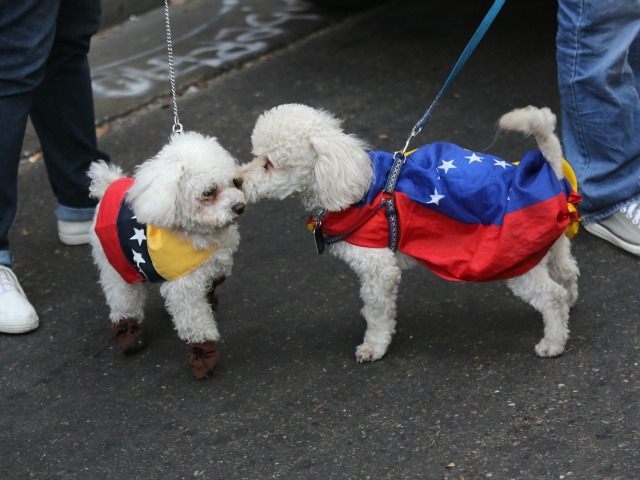Venezuelans have resorted to using home remedies, procuring veterinary medications, and looking for black market drugs on social media as government-imposed price controls and rations have led to a scarcity of medicine so severe, 85 percent of the nation’s pharmacies are in danger of shutting down.
“85 percent of the nation’s pharmacies will go bankrupt,” asserted Freddy Ceballos, the head of the Pharmaceutical Federation of Venezuela, on Monday. “The problem is not only drug shortages, but the Venezuelan government fixed price laws froze prices in a range where the commercial chain loses,” he explained. These price fixes make it economically unviable to buy or sell drugs across the country, causing regional shortages. Ceballos is demanding a government response to what he calls a “humanitarian crisis.” The price fixes also affect the production of drugs, which has almost completely halted.
“People are dying because of a lack of medicine,” he asserted.
Birth control drugs, anti-viral medication, antibiotics, and cancer treatments have become especially difficult to find in Venezuela. Ceballos had described the nation’s birth control pill reserves as “nearly completely gone” in July.
The shortages of drugs, basic food items, and necessary goods, in addition to rampant political oppression of anti-socialist peaceful protesters, resulted in a landslide election on December 6 that returned power to the Venezuelan right for the first time in 16 years. The government of President Nicolás Maduro has attributed the victory to a so-called “economic war” waged by the United States against Venezuela, and has begun firing dozens of government workers who voted for opposition candidates, labeling them “traitors.”

COMMENTS
Please let us know if you're having issues with commenting.